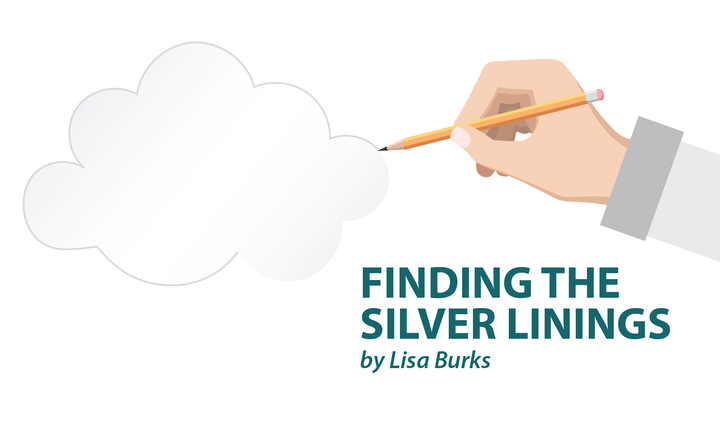Over the past year, I have spent a lot of time as a hospital inpatient. No matter what the reason is for their admission, when someone is hospitalized they face a growing threat that spreads quickly: an infection known as clostridium difficile, or C. diff.
What is C. diff and how is it diagnosed?
C. diff is a highly contagious bacterial infection that attacks the colon. Its primary symptoms are severe diarrhea, abdominal pain, nausea, loss of appetite, and fever. Risk factors for developing C. diff include recent antibiotic use, being immunocompromised, and hospitalizations. It’s easily transmitted by direct contact. Crohn’s disease is an autoimmune disease and it’s treated with immunosuppressants, so those of us with Crohn’s have a higher risk of contracting C. diff.
Unfortunately, the symptoms of C. diff mimic many common Crohn’s symptoms. Early detection is crucial because undiagnosed C. diff can become very serious and in some cases can be lethal. Doctors usually err on the side of caution if they suspect C. diff and order tests to rule it out. Testing for C. diff includes bloodwork and a stool sample. If a positive result comes back, antibiotics are started immediately. Sometimes hospitalization is required to administer IV antibiotics and fluids to avoid dehydration.
My experience
Once you have had C. diff, you are more likely to contract the infection again. I had my first experience with C. diff at age 19. I had three risks factors at the time: a five-week hospital stay, recent IV antibiotics, and an immunodeficiency disorder called hypogammaglobulinemia. The first signs I experienced were increased nausea and the onset of diarrhea. After a couple of days, the diarrhea stopped and my abdomen became distended. My abdominal distention worsened and my doctors feared that the pressure in my colon would cause a perforation. A gastroenterologist performed a sigmoidoscopy to relieve the pressure. The doctor took some samples for testing and they came back positive for C. diff.
I was immediately started on IV antibiotics and told I was incredibly lucky that my colon did not rupture. A few days after starting the antibiotics, I was feeling much better. I was discharged and continued with a course of antibiotics for about 10 days. Having read up on C. diff, I asked why my colon seemed to shut down. My doctor told me that once the infection has set in, symptoms can either worsen or the digestive system can stop working altogether.
Since my first experience, I have contracted C. diff a couple more times, usually as a consequence of prolonged hospital stays and frequent courses of antibiotics. Because of my history, whenever I notice that I need to make more trips to the restroom than usual, my gastroenterologist orders tests for C. diff. Though it can be a hassle and a little embarrassing to collect and submit stool samples, it beats the dangers of having undiagnosed C. diff.
***
Note: IBD News Today is strictly a news and information website about the disease. It does not provide medical advice, diagnosis, or treatment. This content is not intended to be a substitute for professional medical advice, diagnosis, or treatment. Always seek the advice of your physician or other qualified health providers with any questions you may have regarding a medical condition. Never disregard professional medical advice or delay in seeking it because of something you have read on this website. The opinions expressed in this column are not those of IBD News Today, or its parent company, BioNews Services, and are intended to spark discussion about issues pertaining to IBD.

